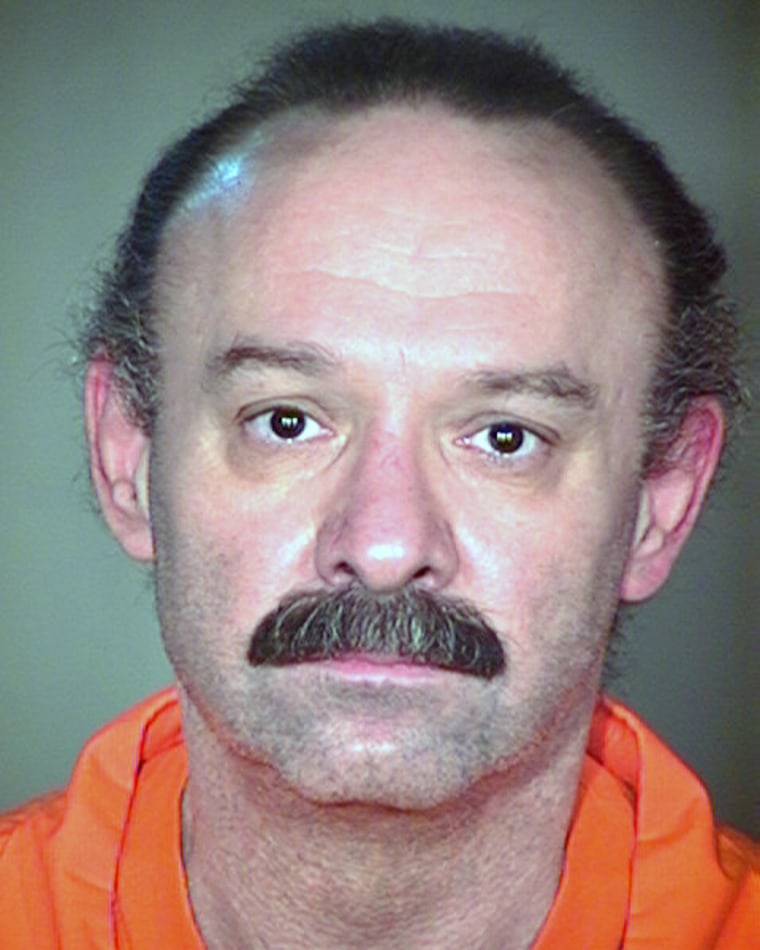A federal appeals court has put an Arizona inmate’s execution on hold, saying prison officials must reveal details of the 2-drug combination that will be used in the procedure. The inmate, Joseph Rudolph Wood, is scheduled to be put to death by lethal injection Wednesday.
The 2-1 decision by the U.S. Ninth Circuit Court of Appeals reverses a decision by a lower federal court and reignites a national debate over capital punishment and the responsibility of states to fully disclose techniques used to carry out an execution.
Wood’s attorneys argued he had a First Amendment right to know the origin of the drugs that will be used to kill him and the capability of the people who will perform the procedure. Currently, Arizona does not publicize the makers of the drugs or how exactly the state created its methodology for lethal injections.
“Wood has presented serious questions going to the merits of his claim, and that the balance of hardships tips sharply in his favor,” the majority of the court wrote.
The state’s case was two-fold: it argued officials were not mandated to hand over information on the drugs used in executions and separately, a state law shielding the identity of executioners. The court rejected both arguments writing in part, "We, and the public, cannot meaningfully evaluate execution protocol cloaked in secrecy … The State's argument ignores the ongoing and intensifying debate over lethal injection in this country, and the importance of providing specific and detailed information about how safely and reliably the death penalty is administered."
Related: How will the courts avoid the next execution disaster?
Arizona, like other states, has resorted to buying new drug combinations because the maker of a widely-used sedative stopped making the drug. The court took issue with one new drug in particular, Midazolam, saying it has caused apparent “flawed executions” in the past. Midazolam is a controversial sedative typically used first in a series of drugs to put the inmate to sleep. It was used in April when Oklahoma botched an execution causing Clayton Lockett to die of a heart attack.
Stephanie Grisham, a spokeswoman in the Arizona attorney general's office, says the state will appeal the decision to the full panel of the Ninth Circuit. Wood, now 55, shot and killed his estranged girlfriend and her father in Tucson 1989.
If Arizona makes public the information sought by the court, the preliminary injunction will be lifted and could pave the way for Wood’s execution. If not, the warrant for Wood’s execution will expire Thursday.
